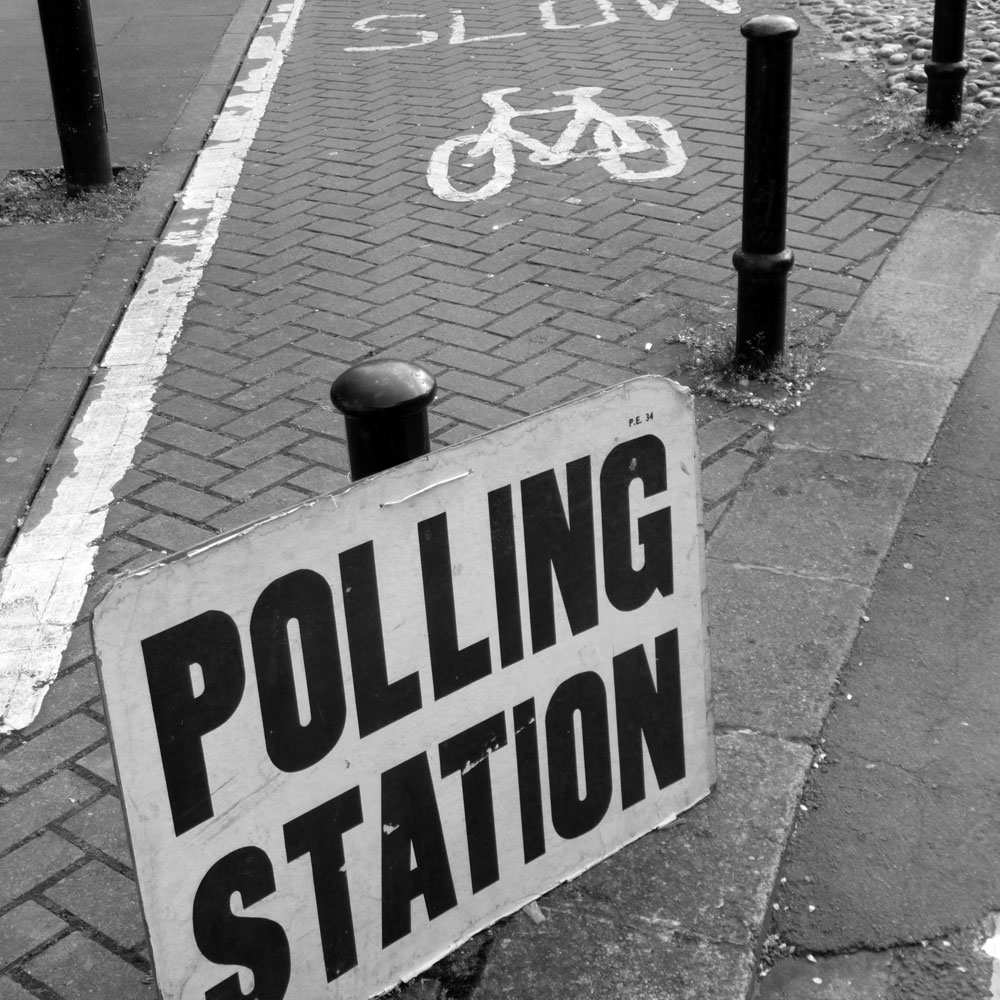
November 3, 2020; The Hill, Politico, and ABC News
Last night’s lack of outcome was hardly unanticipated. There was no miraculous save, and that means election outcomes may depend, at least in part, on the courts. We know the election results could be a long time in coming. We also know that both Republicans and Democrats have lined up legions of lawyers to file suits and go to court at the local, state, and federal level to protect votes and fight for a lead. There are reasons to understand what’s happening at that level, not the least of which is the guidance it provides for those working to strengthen the country by continuing to work at the grassroots.
The Brennan Center for Justice lays out a set of reasons for confidence in our system, beginning with the fact that it is decentralized. With each state in charge of running its own elections, it becomes extremely hard for the president, or any one person to impose their will on all of them. In addition, our voting system is resilient. It can, and does, change as needs arise. This year, because of the pandemic, has been a prime example of this, with most states responding and making it easier to vote by mail. And in the face of possible cyber-attacks and security issues, much progress has been made to allow all voters to cast votes that will count. While some of the court decisions on counting mail-in votes may still be determined after November 3rd, the ballots will be accepted and held by states for a specific number of days after that date.
In the meantime, while we wait, the two presidential campaigns are lining up their lawyers and looking at individual states as starting places for legal action. Preparation for this preceded the election; both sides have been fundraising and hiring legal staff for post-Election Day legal battles that could be set off by close vote counts in any number of states.
“These lawsuits are going to cost money. Some of it is pro bono legal work. But there are the filing fees, the service fees. You need money for all of that,” says Joe Cotchett, a Bay Area attorney and Biden donor.
Sign up for our free newsletters
Subscribe to NPQ's newsletters to have our top stories delivered directly to your inbox.
By signing up, you agree to our privacy policy and terms of use, and to receive messages from NPQ and our partners.
President Donald Trump has made his litigation strategy clear. “We’re going in the night of—as soon as the election is over, we’re going in with our lawyers,” Trump told reporters on Sunday in Charlotte, North Carolina, adding that it was a “terrible thing” that ballots are being counted after the election. Prior to the vote, this election season had already seen 300 lawsuits in 44 states. Most of those focused on changes to “normal” voting procedures to accommodate the coronavirus pandemic, while the post-election suits will concentrate on the large increase in absentee and mail-in votes and how and when they arrived and are counted.
The pre-election challenges to voting in this election have swung both ways, with the Republicans seeking more strict legal interpretations and the Democrats asking for more flexibility during the pandemic. In the last few weeks, the courts have leaned toward leniency. Seeking to protect these court rulings and the votes they support, and reacting to President Trump’s statements regarding efforts to delegitimize the votes cast by mail in this election, Speaker of the House Nancy Pelosi stated her position on the legal battles that may ensue:
We are ready legally and constitutionally, congressionally in every way, to protect our democracy for any skulduggery that the president may try to introduce into this. But be assured that our democracy will survive. I don’t like saying that; I don’t like to have to do that. But if that’s what the president wants to do, go onto that battlefield, we’re ready.
As we await the election results, we should know we are in good company. A recent poll found that two-thirds of voters expect getting final results will take longer than usual. And another poll found that just as many of us were OK waiting a while to find out who the winner is. Why? Because that means that our system is working, and that when we wait, we exhibit that every vote and voice counts.—Carole Levine













